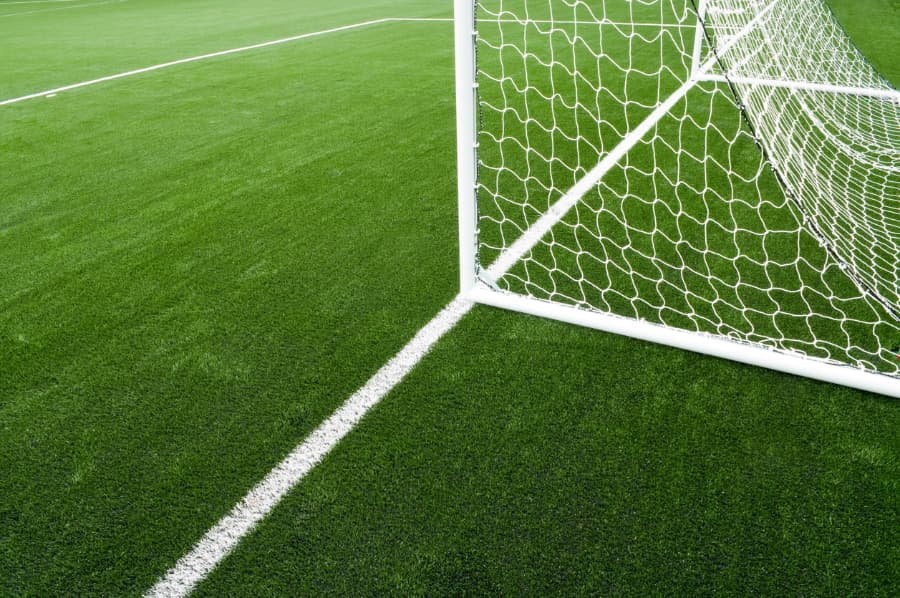
Florida Field Factors
If your school or athletic facility is looking to install a new athletic field, one of your biggest decisions is what material your field will be made of. The debate between regular grass and artificial turf fields is a long-standing one, but the material you choose should ultimately depend on factors like the local weather, the sports that will be played on it, and the maintenance that will be provided. For schools and facilities in Florida, there are a few specific concerns that must be taken into account when designing your project. These include the following:How Does Florida Weather Impact Decision-Making?
The weather and climate of the area where the field will be built are always important to consider, and Florida is no different. Florida has a humid subtropical climate where the summers are long and hot and the winters are mild. This unique weather can affect whether artificial turf or natural grass is better, and athletic directors must weigh the effects of the weather. American Athletic has award-winning, qualified track and field builders with more than twenty-five years of industry experience who can help you consider every aspect to make the right decision with your athletic field design.
Is Heat a Problem for Artificial Turf?
Artificial turf can’t cool itself down as natural grass does, and many studies have shown that artificial turf gets significantly hotter on sunny days than natural grass. Since Florida is so hot, many people believe artificial turf isn’t a suitable option for their athletic fields.
However, many years have passed since some of these studies were conducted, and updates in the field have led to the creation of safer artificial turf options that don’t get as hot. At American Athletic, we have a relationship with FieldTurf, A Tarkett Sports Company, to provide our customers with high-quality and innovative artificial turf products. For clients in hot climates like Florida, we have options that offer heat reduction benefits.
Will Colors Fade in the Sun?
If the looks of your facilities’ athletic fields are of the utmost importance, you want to choose a material that won’t fade over time. The weather and sunlight can affect the color of natural grass throughout the year, but artificial turf is usually UV-stabilized so it won’t fade significantly in direct sunlight.
These factors are important to take into account when deciding on what type of athletic field design your Florida facility needs. For more insight, check out other questions to ask when buying an artificial turf field.

